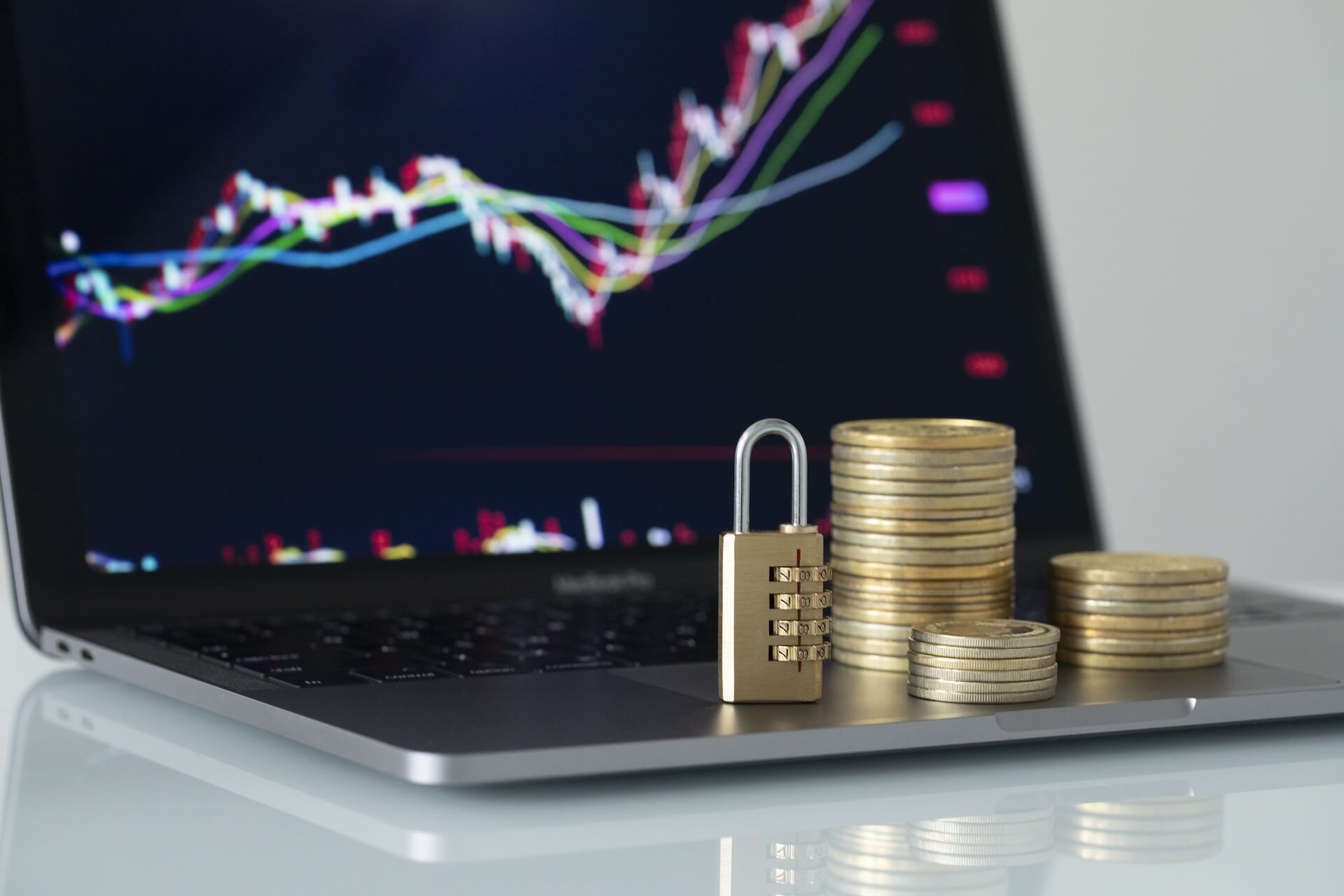Cryptocurrency has revolutionised the way we think about money, offering a decentralised, digital alternative to traditional financial systems. Whether you’re looking to invest or simply curious about how it works, this beginner’s guide will provide you with the essential knowledge to understand cryptocurrencies and their significance in today’s world.
What is Cryptocurrency?
Cryptocurrency is a digital or virtual form of currency that uses cryptography for security. Unlike traditional money, cryptocurrencies operate on a decentralised network, typically based on blockchain technology. This means transactions are verified and recorded across a distributed ledger, ensuring transparency and security without the need for intermediaries like banks.
Key Features of Cryptocurrency
- Decentralisation: Cryptocurrencies are not controlled by a central authority, such as a government or financial institution. Instead, they operate on a peer-to-peer network.
- Transparency: Transactions are recorded on a blockchain, which is a publicly accessible ledger. This ensures that every transaction can be traced and verified.
- Security: Advanced cryptographic techniques protect transactions, making cryptocurrencies difficult to counterfeit or manipulate.
- Global Accessibility: Cryptocurrencies can be accessed and used from anywhere in the world, breaking down barriers imposed by traditional banking systems.
How Does Cryptocurrency Work?
- Blockchain Technology: At the core of every cryptocurrency is blockchain technology. A blockchain is a chain of blocks, where each block contains a list of transactions. These blocks are linked together and secured using cryptography.
- Mining and Validation: Some cryptocurrencies, like Bitcoin, rely on mining—a process where powerful computers solve complex mathematical problems to validate and add transactions to the blockchain.
- Digital Wallets: To use cryptocurrency, you need a digital wallet. This wallet stores your private keys, which are used to access and manage your funds.
Popular Cryptocurrencies
- Bitcoin (BTC): The first and most well-known cryptocurrency, often referred to as digital gold.
- Ethereum (ETH): Known for its smart contract functionality, Ethereum powers a vast ecosystem of decentralised applications.
- Litecoin (LTC): Often considered the silver to Bitcoin’s gold, Litecoin offers faster transaction times.
- Ripple (XRP): Aimed at facilitating cross-border payments efficiently.
Why Invest in Cryptocurrency?
- Potential for High Returns: Cryptocurrencies have seen significant growth in value over time, though they remain volatile.
- Decentralised Finance (DeFi): Cryptocurrencies provide access to financial services without traditional intermediaries.
- Portfolio Diversification: Including digital assets in your investment portfolio can provide a hedge against traditional market fluctuations.
Risks to Consider
While the potential rewards of investing in cryptocurrencies are high, it’s essential to be aware of the risks:
- Volatility: Prices can fluctuate significantly within short periods.
- Security: Although secure, digital wallets can be targeted by hackers if not properly protected.
- Regulation: Cryptocurrency regulations vary by country and can impact their use and value.
Getting Started with Cryptocurrency
- Educate Yourself: Understand the basics and research different cryptocurrencies before investing.
- Choose a Reliable Exchange: Use trusted platforms for buying, selling, and trading digital currencies.
- Secure Your Investments: Invest in a reputable digital wallet and enable two-factor authentication.
- Start Small: Begin with a modest investment to test the waters before committing significant funds.
Cryptocurrencies are reshaping the financial landscape, offering innovative solutions for transactions and investments. By understanding the basics, you can confidently explore the opportunities and challenges of this exciting digital frontier.
Ready to start your cryptocurrency journey?
Stay updated with the latest insights and tips on our blog for a deeper understanding of the crypto world.







